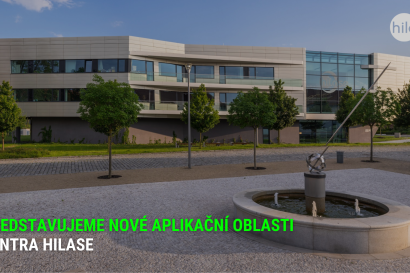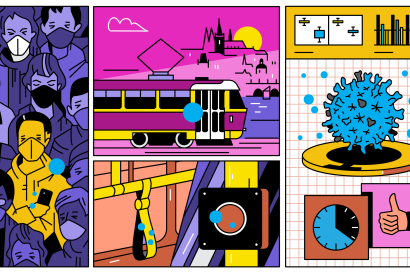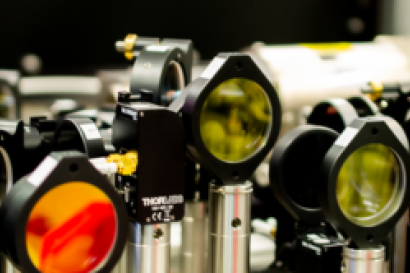First in the Czech Republic: Helena Reichlová opens Dioscuri centre
Solid state physicist Helena Reichlová will establish the Dioscuri Centre for Spin Caloritronics and Magnonics at the Institute of Physics of the Czech Academy of Sciences from 1 October 2023. She will look for ways to reduce the exponentially increasing energy consumption in the information technology sector of the future.








